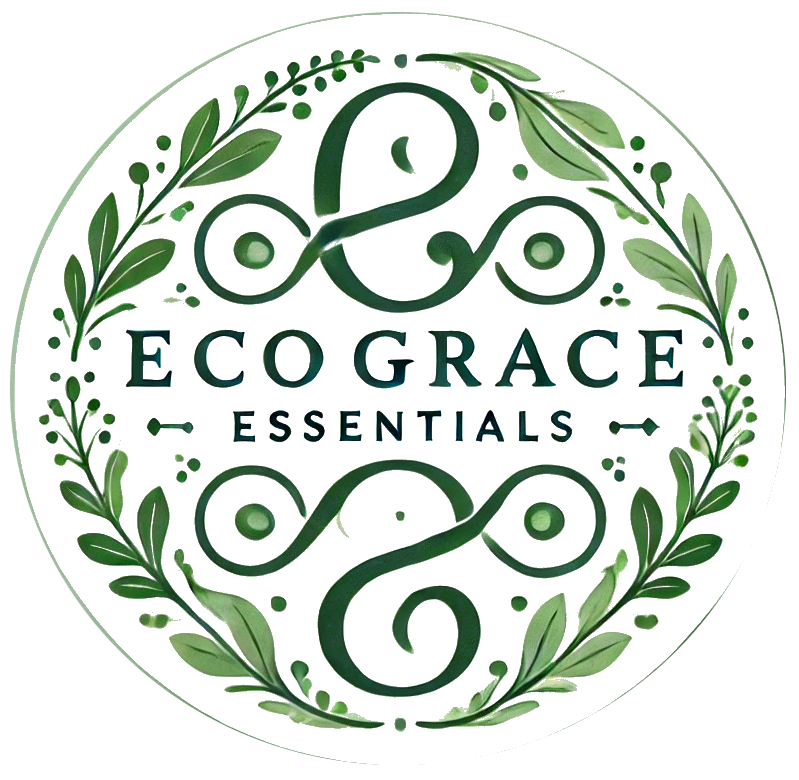Eco-Friendly Self-Care: 10 Ways to Go Green and Feel Great

In today’s insanely fast-paced world, taking time for self-care is important for maintaining both mental and physical well-being. But have you ever considered how your self-care routine impacts the environment? From single-use beauty products to synthetic materials, many of the things we use daily contribute to environmental harm. By integrating eco-friendly self-care ideas, we can care for ourselves while also caring for the planet.
Sustainable self-care means being mindful of the products we use, opting for eco-friendly alternatives, and reducing waste wherever possible.
In this guide, we’ll show you how to make simple, eco-conscious choices that benefit both your well-being and the environment. Let’s get started!
1. Mindful Consumption
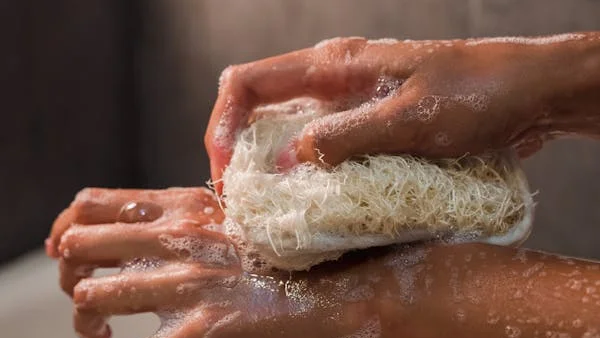
A great way to start your sustainable self-care journey is by reducing consumption. Ask yourself: do you really need that extra skincare product or that fourth type of shampoo? Instead of piling on the products, simplify your routine with multi-use items.
- Choose multi-purpose products like natural oils (e.g., coconut or argan oil), which can work for your hair, skin, and nails. This not only reduces waste but also cuts down on the number of products you need.
- Reduce your reliance on commercial beauty products. Create homemade alternatives like scrubs made from coffee grounds or masks using oatmeal and honey. These are natural, free from chemicals, and come without the extra packaging.
2. Be Careful with Commercial Skincare

Conventional skincare products often contain chemicals and synthetic ingredients that not only harm your skin but also damage the environment. These products are typically packaged in plastic, contributing to global pollution when disposed of.
The Eco-Friendly Shift: Sustainable skincare brands are now offering biodegradable products made from plant-based ingredients that are not only gentle on the skin but break down naturally after disposal. Here’s how they are making a difference:
Biodegradable Packaging: Many brands now use recyclable, compostable, or biodegradable materials to package their products. Packaging made from bamboo, cornstarch, or recycled glass drastically reduces waste.

Natural, Cruelty-Free Ingredients: Sustainable skincare products rely on ingredients like aloe vera, shea butter, and coconut oil, which are ethically sourced and free from harmful chemicals like parabens and sulfates. These ingredients provide nourishment without contributing to pollution.
Pro Tip: When you find something you like, buy in bulk to avoid unnecessary plastic packaging. Stores that allow you to bring your own containers are a fantastic option for reducing your waste footprint.
| Product | Skin-soothing, hair conditioner | Sustainability Benefit |
|---|---|---|
| Coconut Oil | Moisturizer, hair treatment, makeup remover | Comes in recyclable packaging; natural |
| Shea Butter | Body lotion, hand cream, hair mask | Multi-use means fewer individual products |
| Castile Soap | Face wash, body wash, shampoo | Biodegradable and available in bulk |
| Aloe Vera Gel | Skin soothing, hair conditioner | Natural and eco-friendly, often sold in glass |
3. Try Eco-Friendly Relaxation
Self-care doesn’t have to mean contributing to pollution. When it’s time to relax, make environmentally friendly choices to ensure that your relaxation time is as good for the Earth as it is for you.
- Switch to soy or beeswax candles: Traditional candles are made from paraffin wax, which is a petroleum byproduct. By opting for soy or beeswax candles, you’re choosing a renewable, biodegradable resource. These candles also burn cleaner and last longer.
- Use natural aromatherapy: Essential oils like lavender, eucalyptus, and peppermint are perfect for calming the senses, and they come from renewable resources. Instead of synthetic fragrances, which can be harmful to the environment and your health, choose all-natural essential oils.
Did you know? Many commercial air fresheners contain synthetic chemicals that contribute to indoor air pollution. Using essential oils is a healthier and greener option.
4. Have Zero-Waste Bath Rituals

Your bath can be a moment of pure relaxation and rejuvenation, but it can also be a time when a lot of waste is created. Here’s how to make your bath more sustainable:
- Biodegradable bath bombs: Choose bath bombs that are free from glitter, plastic, or synthetic fragrances. Look for options made with all-natural ingredients, or better yet, make your own.
- Bath salts in glass jars: Store your bath salts in refillable glass jars. You can buy bath salts in bulk or make your own blend using Epsom salts, baking soda, and essential oils.
- Bamboo toothbrushes: A small change, like switching to a bamboo toothbrush, can make a big difference over time. Bamboo is biodegradable, unlike the plastic toothbrushes that end up in landfills.
- Compostable hair ties: Instead of plastic-based hair ties, opt for ones made from natural materials like organic cotton or biodegradable rubber.
5. Adopt Sustainable Skincare Rituals
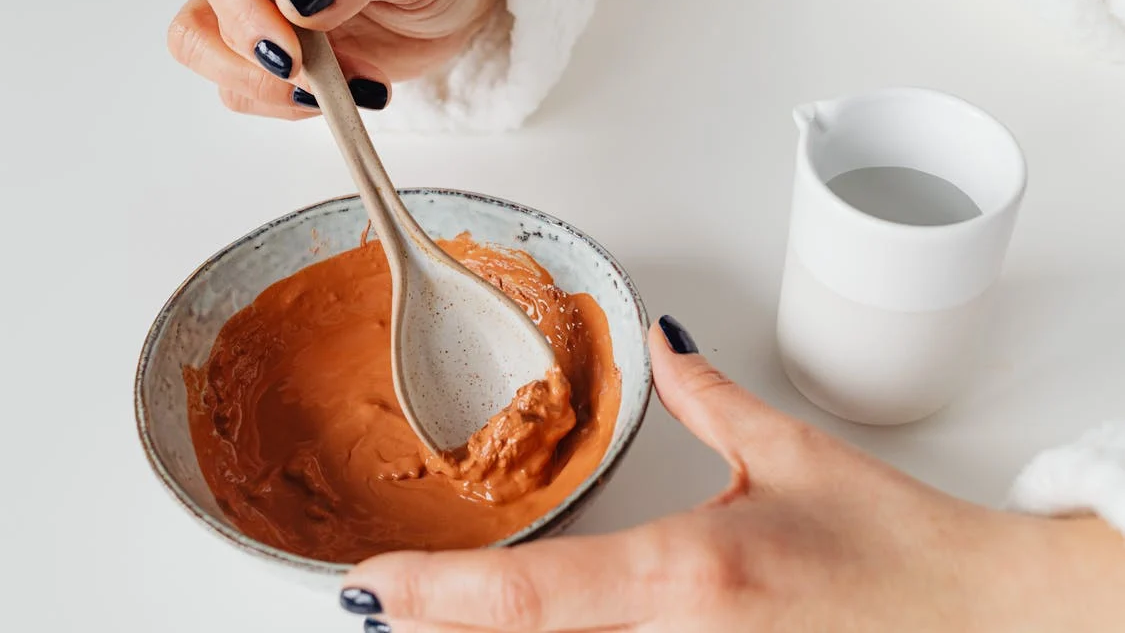
Skincare is often a large part of many people’s self-care routines, but the products we use can be full of harmful chemicals and packaged in non-recyclable materials. Here’s how to make your skincare routine more sustainable:
- DIY face masks and scrubs: Common household ingredients like oats, honey, coffee grounds, and sugar are perfect for homemade skincare. Not only do they keep your skin healthy, but they also reduce your need for store-bought, plastic-packaged products.
- Reusable makeup remover pads: Say goodbye to disposable wipes and cotton rounds. Reusable cotton or bamboo pads can be washed and reused countless times, cutting down on waste.
- Herbal steam facials: Open your pores naturally using steam and herbs like chamomile, lavender, and rosemary. It’s a simple, relaxing ritual that’s completely waste-free.
- Bath teas made from dried flowers and herbs: Instead of using plastic-packed bath bombs, opt for herbal bath teas. These natural, biodegradable alternatives offer soothing effects for your skin without contributing to pollution.
- Replace single-use eye masks: Reusable cloth eye masks are a great eco-friendly alternative. They’re washable and can be infused with sustainable herbs like lavender or chamomile to promote relaxation.
- DIY herbal remedies: Whether it’s for a headache, stress, or sleep, you can make your own herbal remedies at home using dried herbs or essential oils.
6. Ditch The Digital

Nature is one of the best healers, and you can practice self-care by simply stepping outside. Spending time outdoors improves your mental health while reducing your energy consumption.Turn off your devices and spend an afternoon disconnected from technology. Not only will this give you a break from screen time, but it also saves energy.
- Go for a walk, hike, or just sit in the park: Getting fresh air, listening to the sounds of nature, and being surrounded by greenery can significantly boost your mood. Plus, it’s a zero-energy activity!
- Practice grounding: Walk barefoot on grass, dirt, or sand to feel more connected with the Earth. This simple practice has been shown to reduce stress and improve emotional well-being.
A digital detox can be a great addition to a self-care routine, but it can also have environmental benefits. By unplugging and spending time away from devices, you not only improve your mental well-being but also save energy.
- Why It Matters: A digital detox reduces the energy consumption of devices and encourages more mindful, present living.
- How to Implement: Plan regular screen-free days, set limits on social media, or turn off non-essential electronics during your downtime. Use the time to reconnect with nature or practice mindfulness.
7. Change to Green Journaling

Journaling is also a powerful tool for mental clarity and mindfulness, but traditional notebooks and pens can lead to unnecessary waste. Here’s how to keep your journaling practice eco-friendly:
- Recycled or tree-free paper: Look for journals made from recycled paper or alternative materials like stone or hemp paper. These options help reduce deforestation and lower your carbon footprint.
- Go digital: Consider keeping a digital journal. Apps like GoodNotes or Evernote allow you to jot down your thoughts without any paper waste.
- Eco-Friendly Journaling
Eco-Friendly Tip: Pair your journaling practice with a natural wood pencil or pen made from sustainable materials.
8. Do Low-Impact Meditation & Yoga
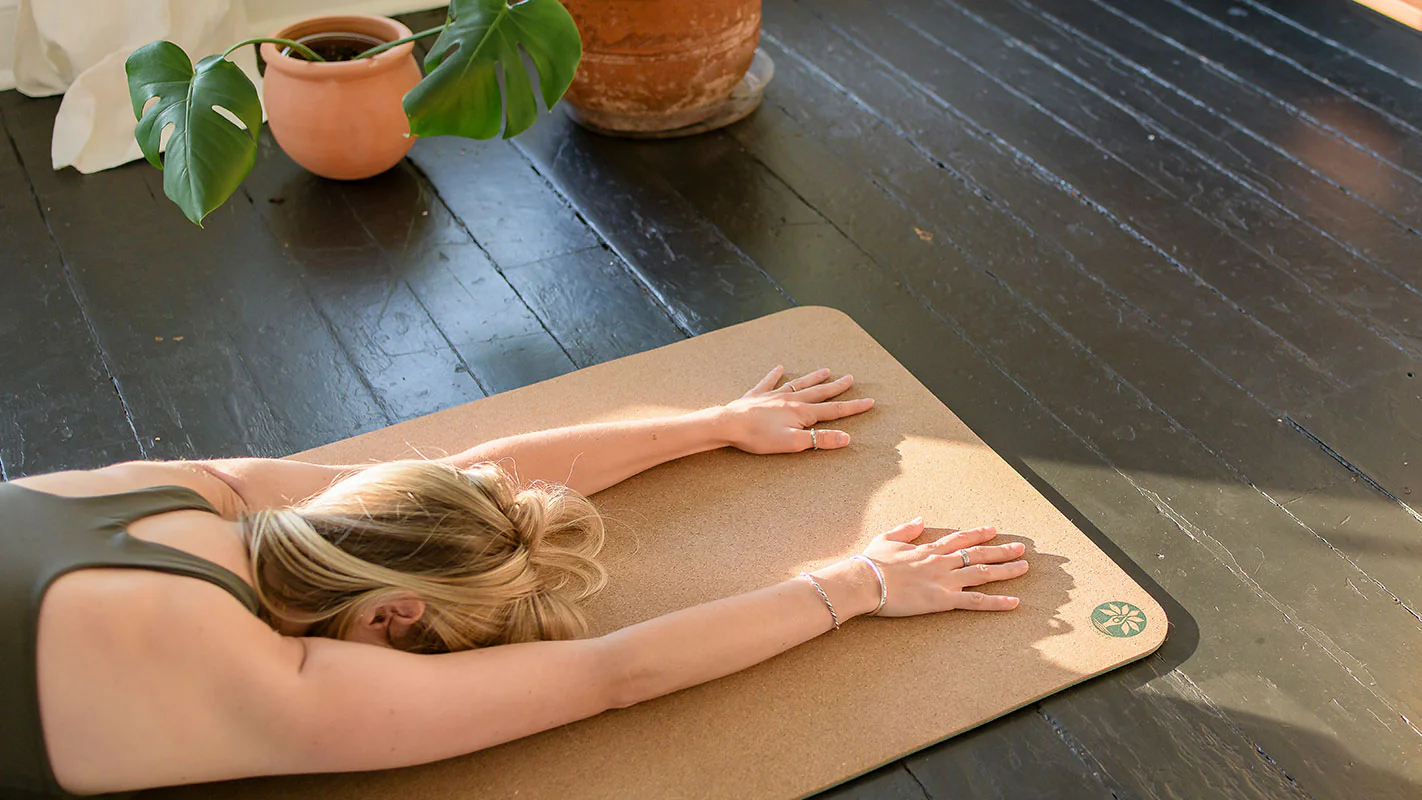
Self-care isn’t just about products—it’s also about your mental well-being. Meditation and yoga are fantastic ways to care for yourself, but there are ways to make these practices more eco-friendly:
- Choose eco-friendly yoga mats: Many yoga mats are made from PVC, which is not biodegradable. Instead, opt for mats made from natural materials like rubber or cork, which are much kinder to the environment.
- Minimalist approach: Yoga and meditation don’t need a lot of equipment. Focus on mindfulness and body connection rather than relying on products or gadgets.
Sustainability Tip: Try a reusable glass or stainless steel water bottle during your yoga session to stay hydrated without the plastic waste.
9. Try Relaxing Sustainable Crafting
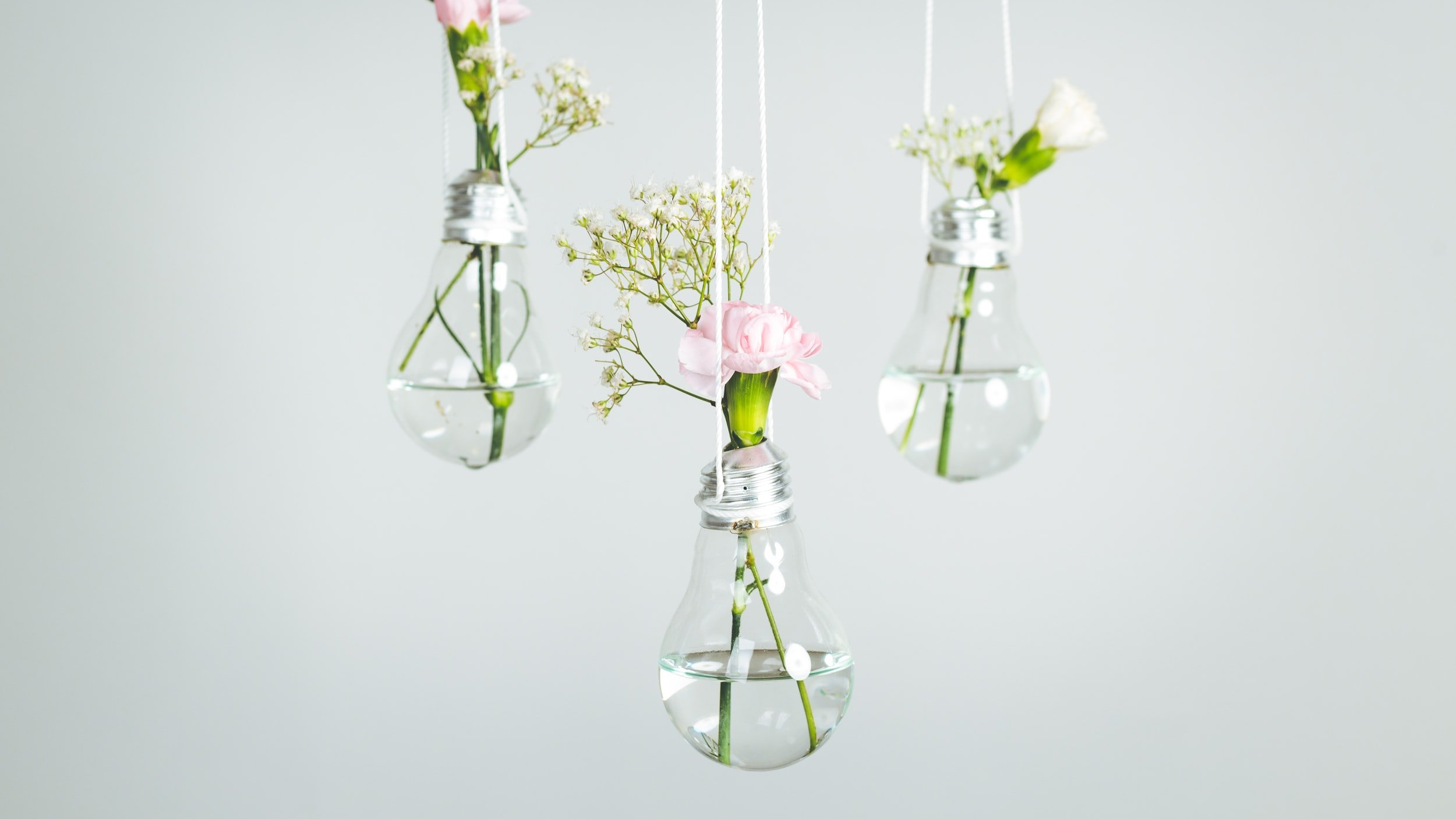
Crafting can be an excellent form of relaxation, but it can also generate waste if we’re not mindful. Here’s how to turn your crafting into a sustainable self-care practice:
- Use upcycled materials: Instead of buying new supplies, get creative with what you already have. Old clothes can be turned into scrunchies, and empty jars can become planters or candle holders.
- Reclaim wood and fabric scraps: Reclaim materials from old furniture or clothing to create beautiful and sustainable crafts. You’re not only reducing waste but also creating something unique.
10. Sourcing Sustainable Self-Care Products
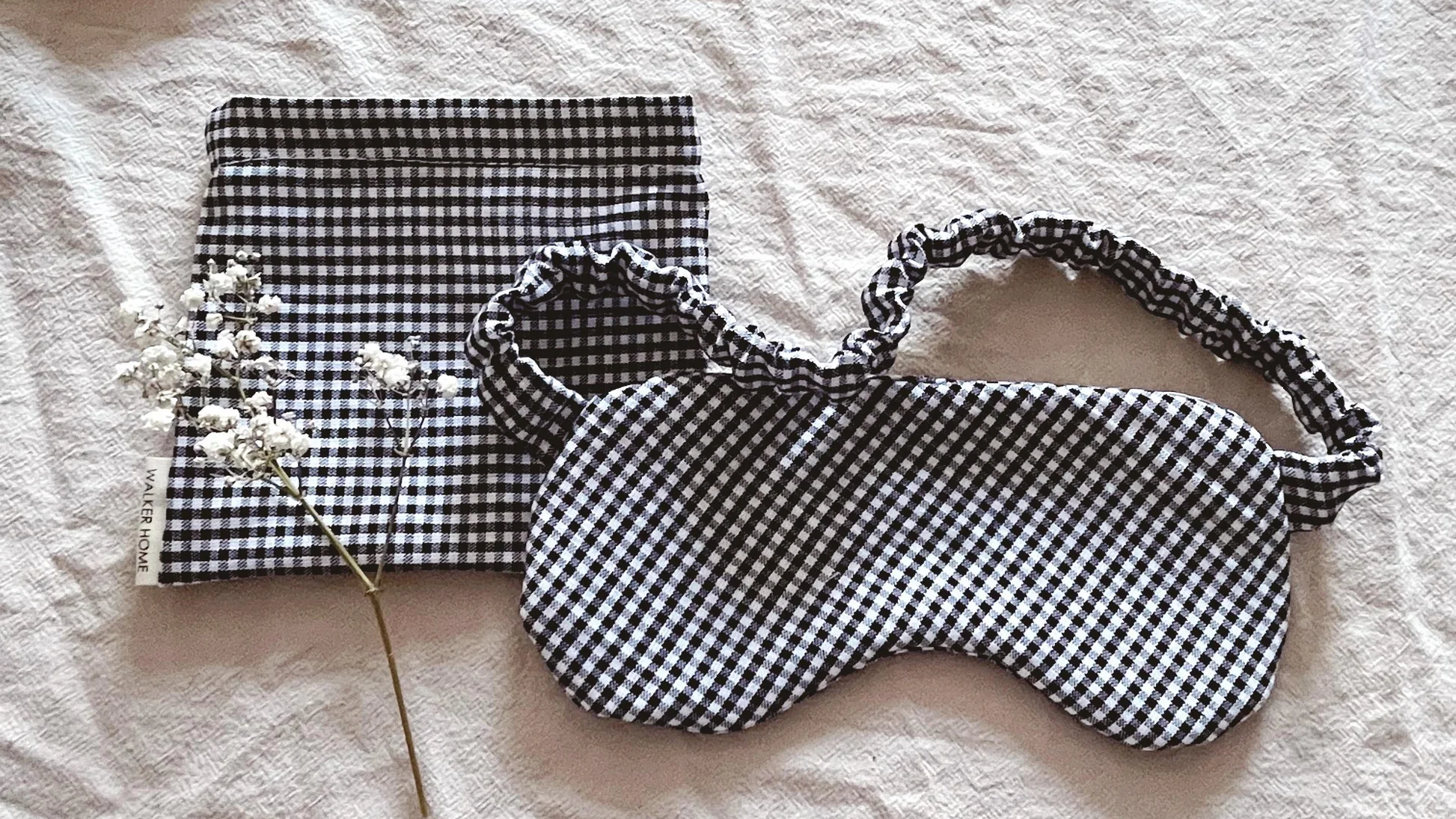
- Local Farmers Markets: Support small businesses and get organic, locally sourced ingredients like herbs and essential oils.
- Zero-Waste Stores: Buy packaging-free items like bamboo toothbrushes, natural skincare, and reusable pads.
- Thrift Stores or Online Marketplaces: Search for upcycled or secondhand containers to store DIY products.
- Online Eco-Friendly Brands: Mention brands focused on sustainable living, like Package Free Shop, EarthHero, or The Detox Market, which sell eco-friendly personal care products.
11. Get Your Family Involved

Encourage family participation in eco-conscious self-care practices for a shared experience.
- Family DIY Projects: Create homemade scrubs, bath salts, or candles together. This is not only sustainable but a fun bonding experience.
- Nature Outings: Spend time together outdoors as part of self-care, whether hiking, gardening, or simply picnicking in the park.
- Eco-Friendly Challenges: Set challenges as a family, such as going plastic-free for a week or only using sustainable personal care items.
- Teach Sustainability to Kids: Introduce eco-friendly habits like using reusable water bottles, compostable toothbrushes, or making simple DIY skincare items.
FAQs for Sustainable Self-Care
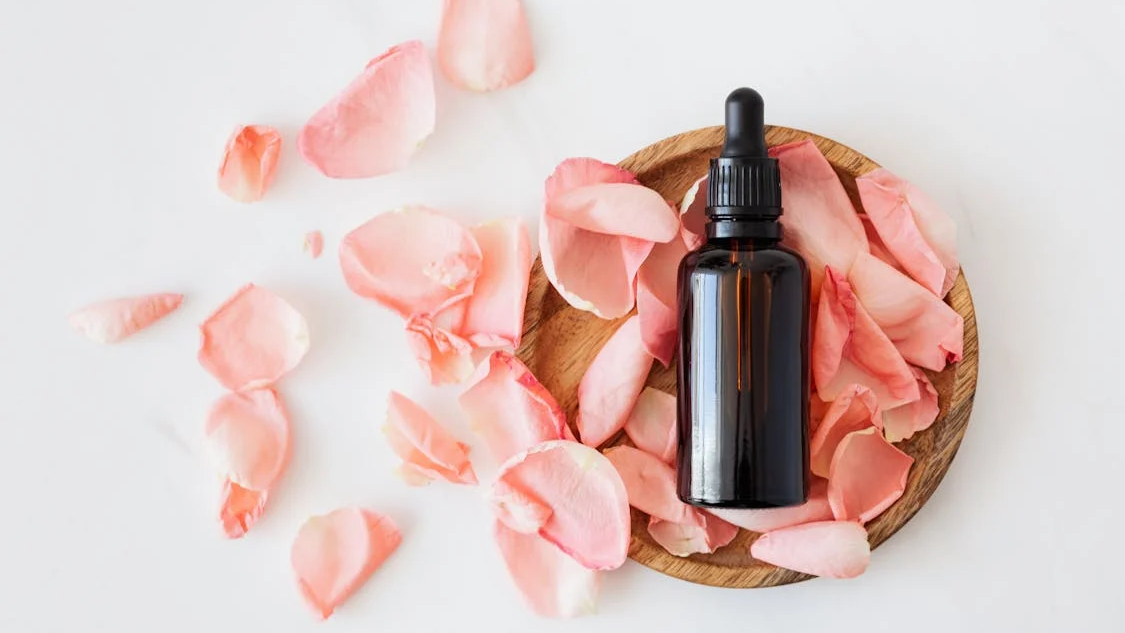
What if I can’t find zero-waste products locally?
Online stores are a great option. Look for websites that specialize in eco-friendly and sustainable living, like EarthHero, Package Free Shop, or even Etsy for handmade sustainable self-care items.
Are DIY products as effective as store-bought skincare?
Yes, many DIY products made from natural ingredients like oats, honey, or oils are just as effective without harmful chemicals or packaging waste. You can tailor them to your skin’s needs, making them even more beneficial.
How can I start incorporating sustainable self-care practices?
Start small with easy changes, like switching to a reusable water bottle or making your own scrubs. Over time, integrate more sustainable choices, like zero-waste bath products or multi-use skincare items.
How can I be eco-friendly when I travel?
Bring your reusable self-care essentials like a bamboo toothbrush, refillable bottles for shampoo, and solid soap bars. This reduces single-use plastic waste while traveling.
What are the benefits of switching to sustainable self-care routines?
Besides reducing waste, sustainable routines often use fewer harmful chemicals, support eco-conscious brands, and promote a mindful approach to self-care that benefits both the planet and your personal health.
Embracing Sustainable Self-Care: A Lasting Impact

Making the shift to sustainable self-care doesn’t have to happen overnight. Start by incorporating small, mindful changes that fit naturally into your routine. Whether it’s choosing eco-friendly skincare products, simplifying your beauty regimen, or taking time for a screen-free day in nature, every little action adds up.
By embracing eco-friendly self-care practices, you’re doing more than just reducing waste. You’re building a lifestyle that honors both your personal well-being and the health of the planet. This journey is about balance—taking care of yourself while respecting the world around you.
Remember, sustainable self-care is an evolving practice. As more brands commit to eco-friendly products and new ways to reduce waste emerge, you can keep adapting and discovering what works best for you. So, take pride in the small steps, celebrate your efforts, and inspire those around you to join in.
With each conscious choice, you’re making a meaningful difference—one that benefits not only you but future generations as well.
